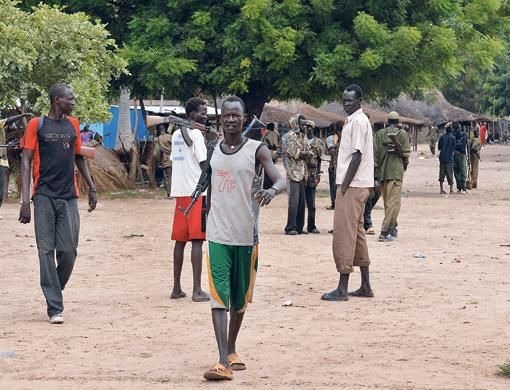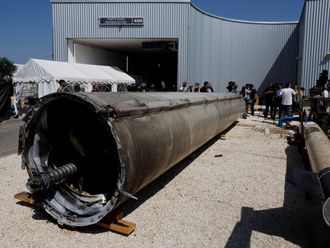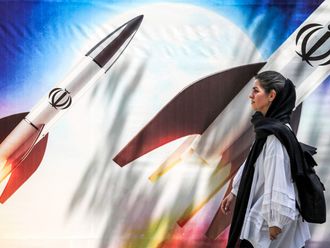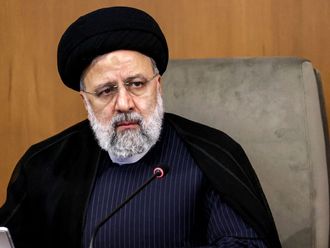Juba, Sudan: South Sudan's army said on Wednesday it was sending hundreds of troops to the scenes of recent tribal massacres to guard civilians and try to stem an escalation of ethnic killings in the oil-producing region.
Sudan's underdeveloped south, particularly its marshy Jonglei state, has been hit by a wave of attacks by heavily armed tribal groups, who have shocked southerners by targeting villages and killing large numbers of women and children.
More than 100 people were killed when a large group of Lou Nuer tribesmen attacked the village of Duk Padiet, home to a rival Dinka group, on Sunday morning while many of the villagers were in church, officials said.
The United Nations estimates at least 1,200 people have died in similar attacks in the region this year.
"There is an SPLA division in the area," the southern minister for internal affairs, Gier Chuang Aluong, told reporters, referring to the south's Sudan People's Liberation Army.
"We are redeploying them to these locations to Duk especially."
An army officer, who asked not to be named, said a 500-strong battalion was in the area with more on their way.
The early attacks were widely blamed on long-standing rivalries and feuds over cattle-rustling that have blighted the region for years, but usually with much lower death counts.
The head of UN operations in the south David Gressly told journalists on Tuesday the groups seemed more organised than traditional cattle-raiding parties.
"We are concerned there may be elements that are directing their attacks on the institutions of the state. The dynamics are changing," Gressly said, adding that a ready supply of arms, and a security vacuum in some areas were exacerbating the violence.
The southern army said Sunday's attackers also killed 28 southern soldiers, national security and police officers guarding Duk Padiet and destroyed government buildings. Soldiers have also been killed in other raids.
Senior southern politicians have blamed their former civil war foes in north Sudan for arming rival southern groups to destabilise the region in the build up to elections scheduled in 2010 and a referendum on southern independence in 2011.
Khartoum has denied the charge, and a senior member of the north's dominant National Congress Party Ibrahim Ghandour said the south was trying to cover up for its own security failings.
"Regardless of the security situation there and the SPLM accusations, the election campaign would go on," he told the state Sudan Vision newspaper, referring to the south's dominant political party the Sudan People's Liberation Movement. Some have also suggested southern tribal leaders might also be behind some of the violence, seeking to build up their constituencies and protect their ethnic groups by arming them.
"We need to stop blaming the Arabs (northern Sudanese) and look at our own problems. Our own politicians are involved," a member of one of the affected communities, who requested anonymity, told reporters on Wednesday.
Two million people were killed and 4 million fled between 1983 and 2005 as Sudan's Muslim north and mainly Christian south battled over differences in ideology, ethnicity and religion.












